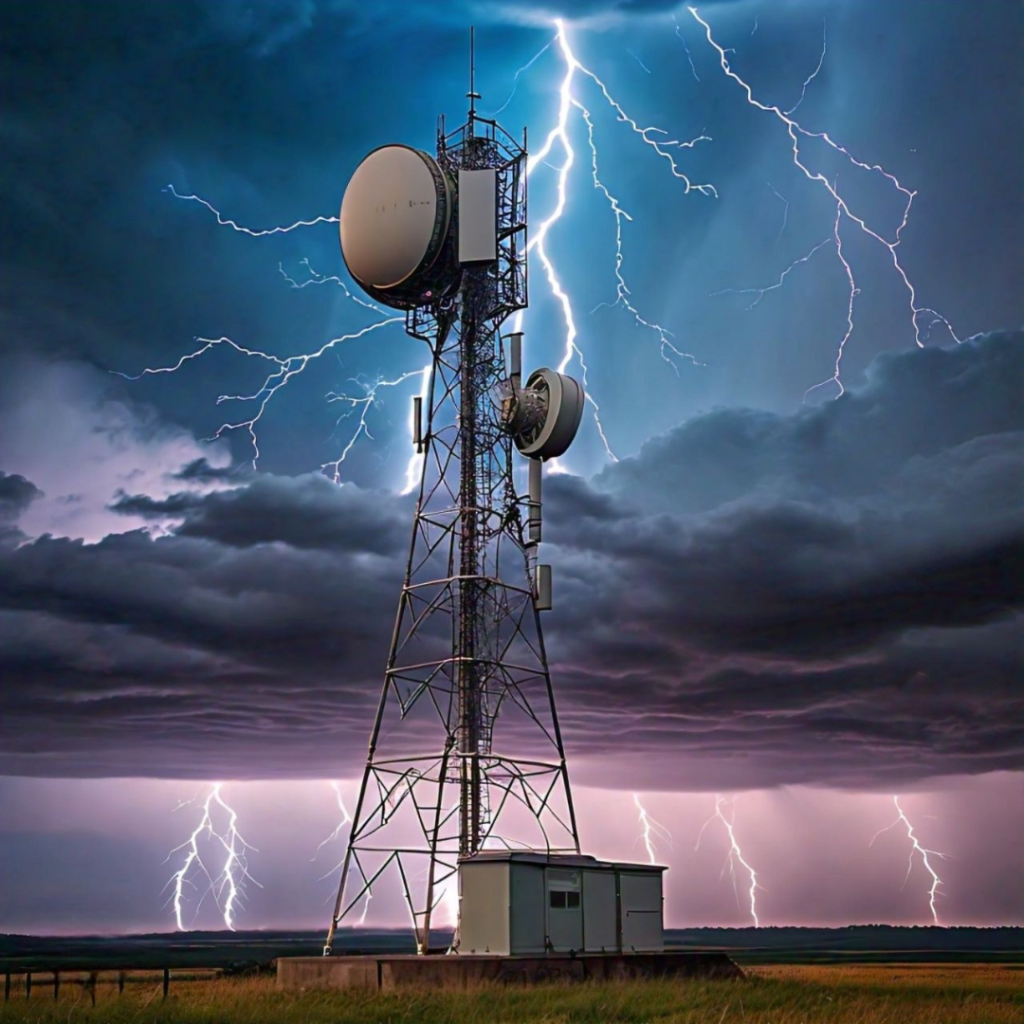In the present world where everything is connected to the internet, be it work, classes, streaming videos, or video calls with friends and families, a stable internet connection is crucial. However, there is one aspect which is not widely discussed but it can greatly affect the Internet connection – the weather. Therefore, in this piece, we will discuss the various ways in which weather impacts internet connectivity and how you can minimise these impacts.
1. Rain and Moisture:
Satellite and wireless Internet connection can be hampered due to inclement weather condition. This affects the radio waves by reflecting and dispersing them in the air, leading to the erosion of the signals and therefore slow internet connection. Lighting also poses a significant threat to the cables and other equipment, thus causing outages or intermittent connection to the network.

2. Wind and Storms:
Vulnerable infrastructure such as overhead wires and antennas used in internet installation can be physically destroyed by extremely fast wind and storms. Branches or even avian intrusion to any structures such as trees may cause interruption of power or even internet connections. In addition, swaying cables or antennas by wind leads to their malposition and resulting signal fluctuations.
3. Extreme Temperatures:
High or low temperatures are known to impact the functionality of the internet equipment. In routers, modems, and other networking equipment, high temperatures can lead to throttling and even failure due to overheating. On the other hand, very low temperatures can lead to cable stiffness and vulnerability to mechanical damage especially in areas such as underground and other outdoor conditions.
4. Snow and Ice:
There is growth of ice on structures extended in the exterior environment such as satellite dishes or antennas which/that in turn interfere with signals and communication. Ice formation on cables and wires tends to increase stress that ends up pulling down cables and wires, or even breaks them. It also disrupts power leading to power outages thus making internet services in the affected areas unavailable.
5. Strategies to Maintain Connectivity:
- Invest in Weatherproofing: Make sure external equipment such as antennas and cables are shielded from the necessary weather conditions, and properly secured.
- Backup Power Supply: It might be also necessary to fill in a UPS (uninterruptible power supply) equipment list for some crucial, irreplaceable networking systems that cannot perform when there is no power.
- Regular Maintenance: It is essential to periodically monitor the state of your Internet facilities in order to learn about any failures that the weather can cause as early as possible.
- Diversify Connectivity: This can be done by engaging in multiple connections from a single service provider or engaging in multiple service providers whereby the service providers provide more than one connection type.
- Stay Informed: Avail weather forecasts and alerts, in order to find out if there is an interruption in Internet service due to weather or not.
Conclusion:
Even if many individuals are inclined to use Internet connection, one must remember that weather can affect connection’s reliability and speed. Here it is possible to understand how the different types of weather affect the continuity of your internet connection and how to avoid the situation when it will deteriorate; this is how you can get all the positive effects and enjoy the storm-free Internet. Stay informed, well-prepared, and connected at all times.
FAQs (Frequently Asked Questions)
How has my internet connection changed due to the rain?
- Rain affects the signals either by attenuating them or blocking the way, which is especially problematic for satellite or fixed wireless technologies, making speeds slower or internet connection unavailable at times.
Can snow and ice affect my internet service?
- Outdoor equipment installations like satellite dishes or cables could become obstructed by snow and ice accumulation and, therefore negatively affect internet service.
How do I shield my internet during thunderstorms?
- It becomes recommended that appliances be disconnected during a thunderstorm in order to avoid damage from lightning. Moreover, it will be wise to spend money on surge protectors and weatherproof enclosures for the outside gears.
What measures should I take to ensure that my internet equipment does not overheat due to high temperatures?
- It is also recommended that adequate ventilation and air flow be provided to the internet equipment to minimise overheating. It is also important not to have equipment directly under the sun or near sources of heat and if needed use fans or cooling systems.
What steps should I take if my internet connectivity is hindered by weather factors?
- With regard to disturbances due to weather on the internet, there are solutions like; restarting the router, checking cable connections, or consulting the provider. Furthermore, having some sort of secondary means of communicating such as through the mobile data comes in handy in cases where there is no connectivity.
